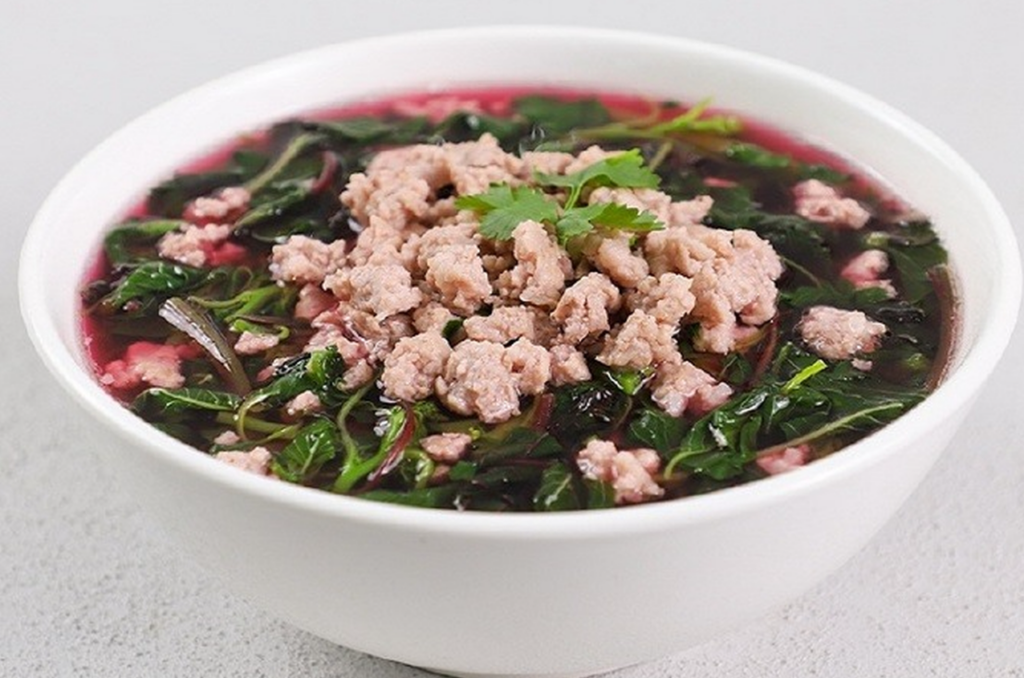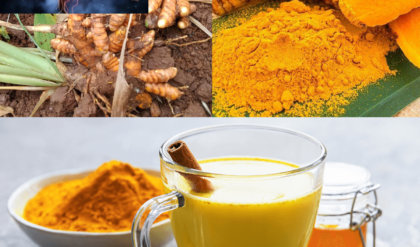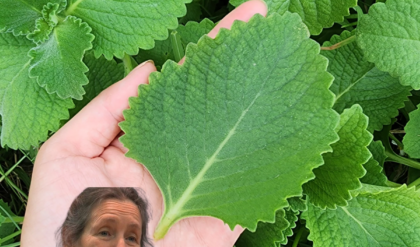Often dismissed as an annoying weed, pigweed (Amaranthus spp.) is actually a nutritional powerhouse waiting to be discovered. This resilient, fast-growing plant has a long history of medicinal and culinary use across cultures worldwide. Packed with essential nutrients and health-boosting properties, pigweed is much more than a garden nuisance—it’s a hidden gem that deserves a spot in your diet. Read on to explore the top health benefits of pigweed, how to incorporate it into your meals, and precautions to keep in mind.

Top 10 Health Benefits of Pigweed
- Supports Bone Health
Loaded with calcium, pigweed helps maintain strong bones and prevent osteoporosis, promoting long-term skeletal health. - Boosts Heart Health
Pigweed’s fiber, antioxidants, and potassium make it heart-friendly by reducing blood pressure, lowering cholesterol, and supporting cardiovascular function. - Helps Prevent Anemia
Rich in iron, pigweed aids in the production of hemoglobin, preventing iron-deficiency anemia and boosting energy levels. - Strengthens the Immune System
High in vitamin C, pigweed bolsters the immune system, helping the body ward off infections and illness. - Promotes Eye Health
Pigweed contains vitamin A and beta-carotene, both essential for vision health and preventing conditions like night blindness. - Provides Plant-Based Protein
Pigweed seeds are a rich protein source containing essential amino acids, making them an excellent protein boost for vegetarian and vegan diets. - Improves Digestive Health
The dietary fiber in pigweed supports digestion, promotes gut health, and helps regulate blood sugar and cholesterol. - Reduces Inflammation
Pigweed’s anti-inflammatory properties can help alleviate symptoms of arthritis and other inflammatory conditions. - Rich in Antioxidants
Filled with antioxidants like flavonoids and phenolic acids, pigweed protects against oxidative stress, lowering the risk of chronic diseases like heart disease and cancer. - Loaded with Nutrients
Pigweed leaves are packed with essential vitamins and minerals, including vitamins A, C, and K, iron, magnesium, and potassium—making them a valuable addition to a balanced diet.
How to Incorporate Pigweed into Your Diet

Pigweed’s versatility makes it easy to include in various dishes. Here are some delicious ways to enjoy it:
- Salads: Add young pigweed leaves to salads for a fresh, nutritious green.
- Sautéed or Steamed: Cook pigweed like spinach with a little garlic, olive oil, and salt for a flavorful side dish.
- Soups and Stews: Stir pigweed leaves into soups and stews for an extra nutrient boost.
- Smoothies: Blend pigweed leaves into your smoothies for an earthy, nutritious kick.
- Grains and Baking: Use pigweed seeds like quinoa or grind them into flour for baked goods.
Precautions

While pigweed is nutritious, it’s important to consume it in moderation. Some species contain oxalic acid, which can interfere with calcium absorption and may increase the risk of kidney stones in certain individuals. Ensure your pigweed is correctly identified and free from pesticides or pollutants.

Embrace the Power of Pigweed in Your Diet
Far from a simple weed, pigweed is a nutrient-rich plant that can elevate your diet and improve your health. From supporting bone and heart health to strengthening immunity, this underrated plant offers remarkable benefits. So, the next time you see pigweed growing in your garden, consider it a gift from nature and add it to your meals. Embrace this hidden gem and unlock the potential of pigweed in your culinary adventures.
Inspired by this discovery? Share the article and help others discover the surprising power of pigweed!





